Fees Explained
There are different ways we could charge for our services. One option would be commission based, which would require you to pay us for each transaction we perform for you. With that option, every time we’d recommend a transaction, you would be considering the cost of that transaction, instead of simply considering how our recommendation would help you reach your goals.
And remember, these commissions would only cover the costs of administering your investments and insurance. They would not compensate us for the advice or any other financial planning services we provide.
Fortunately, another option that you should consider.
Many investors are choosing fee-based accounts over traditional commission accounts because fee-based relationships compensate your advisor based on the value of assets in your account. When compensation is based on a percentage of assets, you and your advisor seek the same outcome. We charge you a fee* that is a percentage of the assets we manage for you. This fee covers the cost of both the advice and knowledge that we provide and the costs of administering your account.
The benefit to you is that there are no transaction costs, so compensation is not tied to the number of transactions placed.
As a result, both you and your financial advisor can focus on a holistic approach to financial planning, the stewardship of your assets, and the lifetime value of our client/advisor relationship.
What you should know and why it matters:
Rigorous training, testing and experience in the field is required to earn a CFP® designation and verifies we are both prepared and qualified to provide guidance and services to you.
Education:
To ensure we stay current in our knowledge of financial planning and ethics, we must complete 30 hours of continuing education every two years.
Examination:
The CFP® Board tests and verifies our knowledge of financial planning with a certification examination.
Experience:
Three years experience related to financial planning is required before the CFP® mark can be used by any financial planner.
Ethics:
We must follow the CFP® Board’s Code of Ethics and additional requirements*.
All Financial Planners must follow a fiduciary standard. To do so means to put your interests ahead of ours. Following a fiduciary standard would prohibit us from advising our clients to make decisions that result in higher compensation for ourselves while providing negligible benefit to them.
Our financial advisors are fiduciaries. That means we’re required to put your interests ahead of ours. We are prohibited from advising our clients to make decisions that result in higher compensation for ourselves while providing negligible benefit to them.
Some financial planners receive compensation for every transaction they make on behalf of their client, not just from their client, but from brokerage firms, mutual funds, insurance companies and any other involved third party.
Our compensation is tied to the success of your account and our incentive is to provide the very best financial strategies to help you reach your goals.
